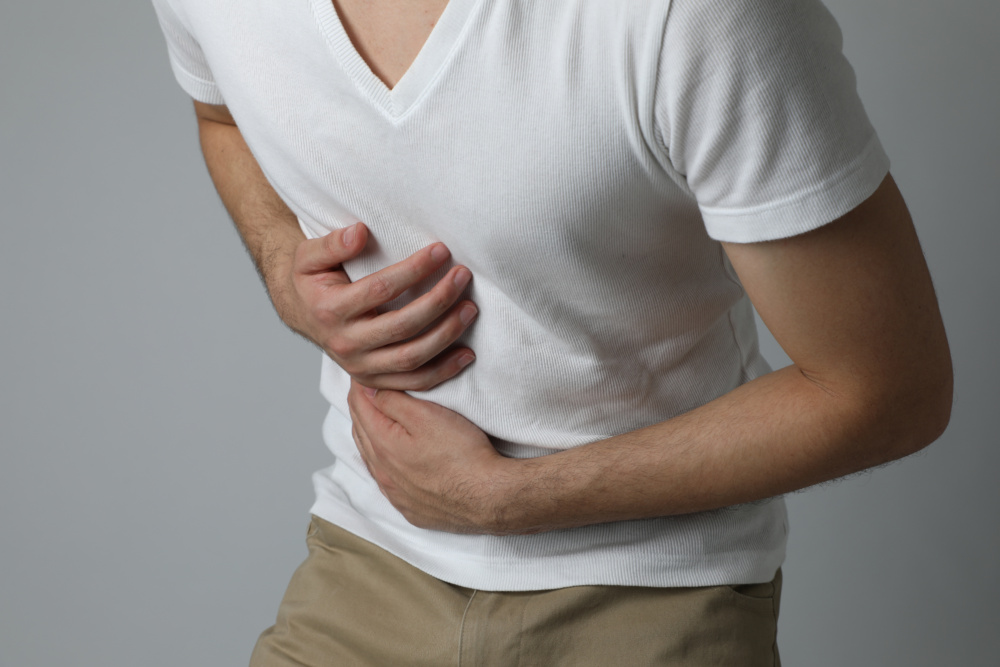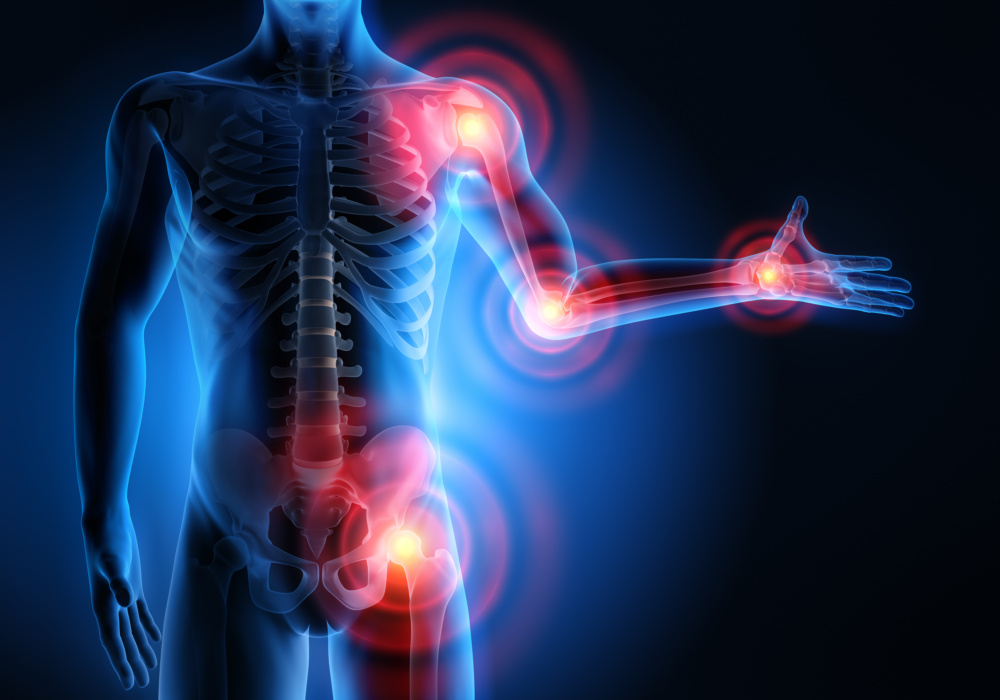By Michele McMurry
A complicated, little-understood disorder that flares up unexpectantly, Irritable Bowel Syndrome (IBS) continues to plague an estimated 30 to 45 million people in the U.S. IBS creates urgency that is sometimes relieved by a bowel movement or worsened after eating. IBS can be embarrassing and incapacitating to those affected, contributing to work absenteeism, restriction of everyday activities, and ? especially during the holiday season ? avoidance of celebratory gatherings and traditional holiday dishes.
Unfortunately, many view IBS as a trivial condition, which only exasperates the reluctancy of sufferers to discuss it or seek medical help.
Although symptoms vary from individual to individual, IBS is typically characterized by recurring or chronic bouts of abdominal pain in association with a change in bowel habits such as diarrhea or constipation, experienced at least once per week for three months. Gas and bloating may also occur. Diagnosis begins with a physical exam along with laboratory and imaging tests to rule out other conditions. The process can be challenging and frustrating for both patients and physicians, who often prescribe a slew of medications ranging from antidiarrheals to antibiotics and antidepressants that bring little relief and unpleasant side effects of their own.
As with many health conditions, however, we’re learning that the most successful approach to treating IBS is a natural, holistic one.
“Simple lifestyle changes can go a long way toward minimizing gastrointestinal distress and improving overall health and well-being,” says San Antonio gastroenterologist Lawrence Hoberman, M.D.
Research has shown that swapping a highly processed Western diet for one of whole foods, such as the Mediterranean diet, in conjunction with hydration, regular exercise and adequate sleep, can promote better digestion. The same goes for consuming probiotics ? the good bacteria naturally present in the intestines ? either through certain fermented, live bacteria-containing foods like yogurt and kimchi, or in supplement form.
“Because fiber deficiency is a widely believed contributor to IBS, supplementation of non-digestible starches such as frutooligosaccharides (FOS) can also be highly effective in improving symptoms, particularly constipation,” Hoberman says. “Such prebioitcs nourish the beneficial Bifidobacteria and Lactobacilli strains, responsible for reducing pain and bloating associated with gastrointestinal conditions, and act as a natural antibiotic to harmful bacteria and inflammation.”
Tips for keeping flare-ups at bay and feeling your best during the holidays:
▪ Keep dietary indulgences, including alcoholic beverages, to a minimum, and quickly resume a well-balanced diet
▪ Resist fasting before attending a party. This can create more shock to the digestive system when it is exposed to rich foods, not to mention, fasting can encourage overeating
▪ Eat small portions
▪ Drink plenty of water
▪ Maintain an exercise schedule to include yoga or mediation for mitigating stress levels
▪ Get plenty of sleep, as too little can aggravate symptoms
▪ Consider a probiotic/prebiotic regimen for preserving healthy gut flora







Recent Comments